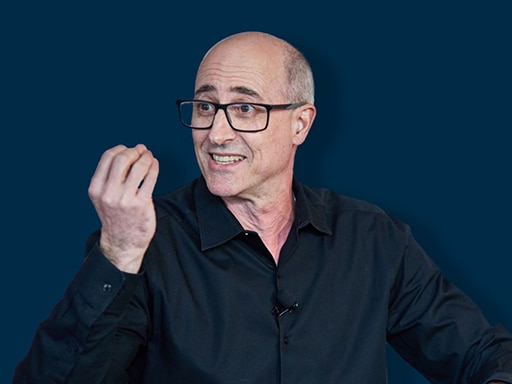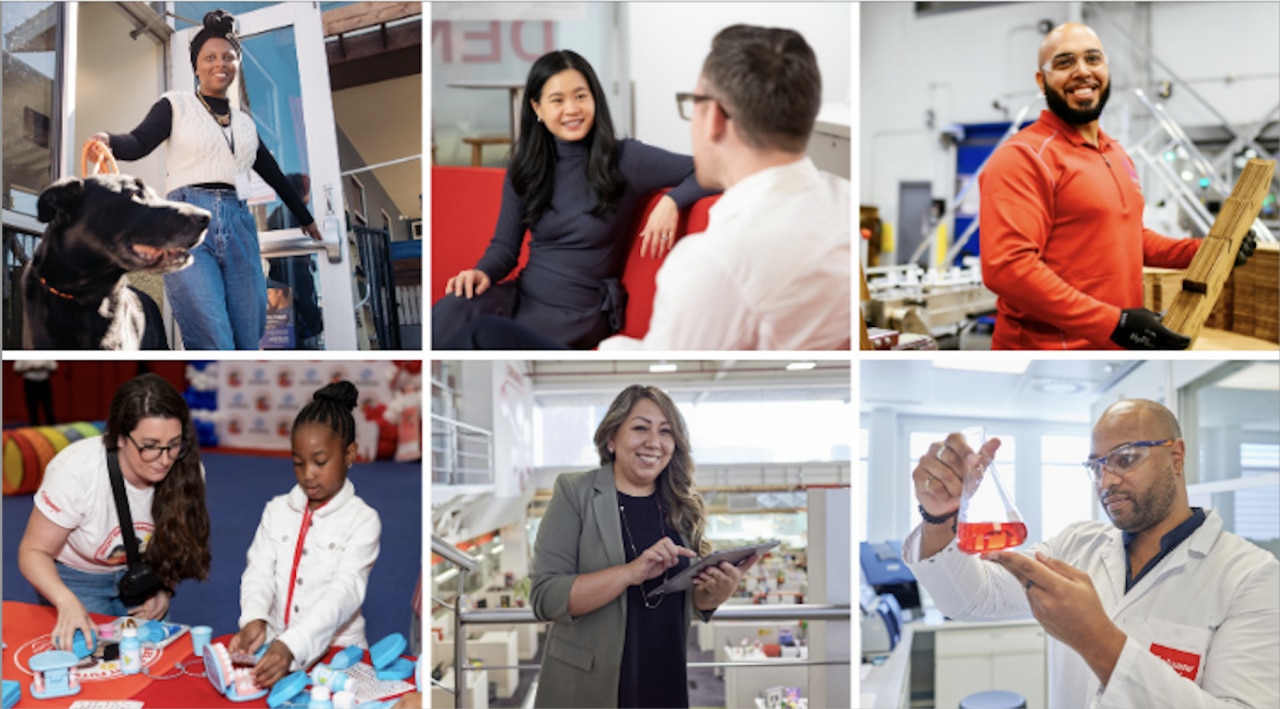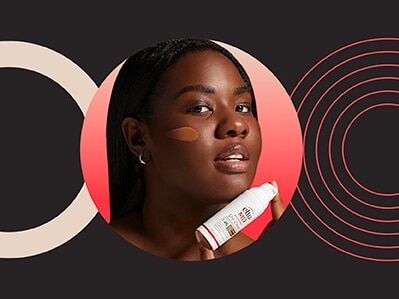Can you start by introducing yourself and your role at Colgate-Palmolive?
Stephan Habif: I’m Stephan Habif, the Chief Technology Officer (CTO) at Colgate-Palmolive. I’ve been with Colgate-Palmolive for just over two years, and my responsibilities span research and development, packaging development, regulatory compliance, product safety, pharmacovigilance, and quality assurance.
As CTO, I focus on two major priorities. The first is innovation: growing the company by addressing unmet consumer needs and delivering what people want today and in the future. The second is supporting our core business: ensuring the quality and compliance of our existing products, reformulating as necessary, and improving the sustainability of our core portfolio.
How does Colgate-Palmolive ensure that its commitment to innovation complements the strength of its existing product portfolio?
Habif: This is the core of my job. At Colgate-Palmolive, we want to reimagine a healthier future by setting the bar high for innovation and driving advancements, all while supporting and growing our business.
Part of our long-term strategy is delivering what consumers want tomorrow by developing new technology platforms that go beyond previous generations. A recent example is the SNAP technology found in some of our toothpaste formulations, which stabilizes stannous fluoride with nitrate ions, protecting it from oxidation. For users of our new Colgate Total Active Prevention, which features SNAP technology, this means a toothpaste that will deliver consistent, reliable protection for teeth and gums. For their work in helping to develop the technology, Colgate-Palmolive scientists were recently honored at the 2024 Edison Patent Awards.
While focusing on future innovation, we also enhance today’s products and maximize existing technology platforms. In 2024, we upgraded key formulas for brands like Fabuloso, Suavitel, and Colgate to maintain their market superiority.
Balancing these priorities requires discipline. For long-term projects, we set clear milestones to ensure steady progress. It’s like running a marathon: instead of focusing on all 26 miles, we tackle it mile by mile.
At Colgate-Palmolive, what does it mean to be innovative? How do you identify and measure innovation?
Habif: At Colgate-Palmolive, our approach to innovation begins and ends with the consumer. We are dedicated to understanding their needs and translating those insights into products that deliver exceptional results. This process involves research, testing, and refinement to ensure the solutions we develop are not only effective but also meaningful to the people who use them.
Innovation is a journey of constant learning and iteration. By staying closely connected to consumers throughout, we ensure that every step—whether it’s exploring new possibilities, refining concepts, or launching products—keeps their needs and experiences at the center. The goal is always to create impactful solutions that make a real difference in their lives.
“From start to finish, we focus on what people want and how to deliver it. We make sure that our products are not only technically superior but are also perceivably superior by our consumers.” — Stephan Habif, CTO, Colgate-Palmolive
How is Colgate-Palmolive leveraging artificial intelligence (AI) in its innovation process?
Habif: AI, particularly machine learning, is integral to our innovation process. It helps us integrate elements like formula, fragrance, and packaging simultaneously rather than working on them sequentially.
For example, AI allows us to analyze relationships between active ingredients and sensory aspects like texture and flavor. This enables us to build predictive models and create better products that resonate with consumers.
AI also taps into Colgate’s extensive repository of technical data, streamlining the development of new formulas. Virtual simulations predict factors like cost, microbiological risk, and stability before we even start lab work, saving time and resources.
As for generative AI (Gen AI), we are experimenting with it to enhance how we leverage consumer insights. While it’s early days, we see significant potential to deepen our understanding of consumer needs and refine our approach.
Sustainability is a core part of Colgate-Palmolive’s 2025 Sustainability & Social Impact Strategy. How is it influencing product development?
Habif: Sustainability has been a cornerstone of our approach for years, and we’ve built a strong foundation by focusing on what we call “raising the floor.” This means delivering the same benefits our products are known for but in a more sustainable way.
For instance, we’ve made significant advances in packaging, particularly with plastics. Most of our toothpaste tubes are now recyclable—a technology we invented. Importantly, we made the patent for this innovation available to anyone because we believe it’s a global benefit, not a competitive advantage.
Beyond improving the sustainability of our existing products, we’re using sustainability as a catalyst for innovation. We’ve been able to create products that are not just “as good as” their predecessors but are superior.
This mindset shift—using sustainability as a driver of innovation—has unlocked new opportunities for us. Whether it’s improving versatility, performance, or capability, we’re finding ways to create superior products that are also more sustainable.
“By channeling our caring culture outward and combining it with innovative thinking, Colgate-Palmolive has been able to create products that genuinely connect with people.” — Stephan Habif, CTO, Colgate-Palmolive
What lessons have you learned about fostering collaboration and leveraging Colgate-Palmolive’s strengths to drive innovation?
Habif: One of the biggest lessons I’ve learned is how to align our expertise toward shared objectives. At Colgate-Palmolive, teams are organized by their specialties, which helps people grow their knowledge but can create silos. We’ve broken down those silos by focusing on common goals, ensuring that collaboration happens across departments.
Another key lesson has been leveraging our company’s core values. Colgate-Palmolive is a caring company, and empathy is deeply ingrained in our culture. When I joined the team, we made people-centricity a major focus. We realized that while we were great at looking inward, we needed to channel that empathy outward toward consumers.
Empathizing with consumers inspired us to design toothpaste tubes that are easier to squeeze and packaging that’s simpler to open. These small but meaningful improvements enhance daily life and reflect our commitment to creating products that genuinely connect with people.




